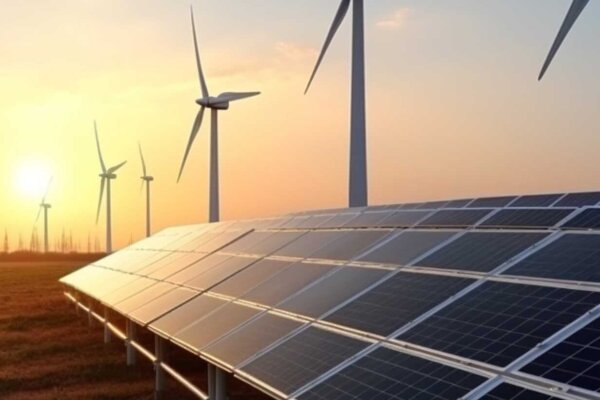Your appointment as Sustainability Manager has itself been a key element of Bryt Energy’s sustainability journey. How important do you think it is for businesses to have people in similar dedicated roles?
If you’re putting a sustainability plan in place, it’s vital to ensure that someone is responsible for delivering it. Appointing a dedicated Sustainability Manager shows our customers that we’re committed to improving the organisation’s impact on the environment and the communities we operate in. It also demonstrates our sustainability commitment to our team, and gives them someone they can go to with any ideas or questions they have about sustainability.
It also means that I can really push the sustainability agenda forwards and put the knowledge and expertise I have into creating a practical plan, as sustainability is my sole focus in my role. But I’m not the only person that’s responsible for sustainability at Bryt Energy – we have a Head of Marketing and Sustainability position, too. Sustainability shouldn’t exist in a silo, so by integrating sustainability into other roles, we ensure that it’s embedded throughout the business.
We also have a sustainability student with us on a placement from a local university. This is something we’re all really excited about because it allows us to gain a fresh perspective on our sustainability strategy, whilst helping to hopefully inspire and nurture the next generation of sustainability experts.
Of course, not every business will have the resources to appoint a dedicated sustainability manager. But if you can embed sustainability into certain roles, you’re likely to find it easier to give them the time and resources to push changes forward, and truly champion sustainability in your organisation. So look for any roles that could take on sustainability tasks – perhaps your Health & Safety team could take on sustainability responsibilities, for example.


